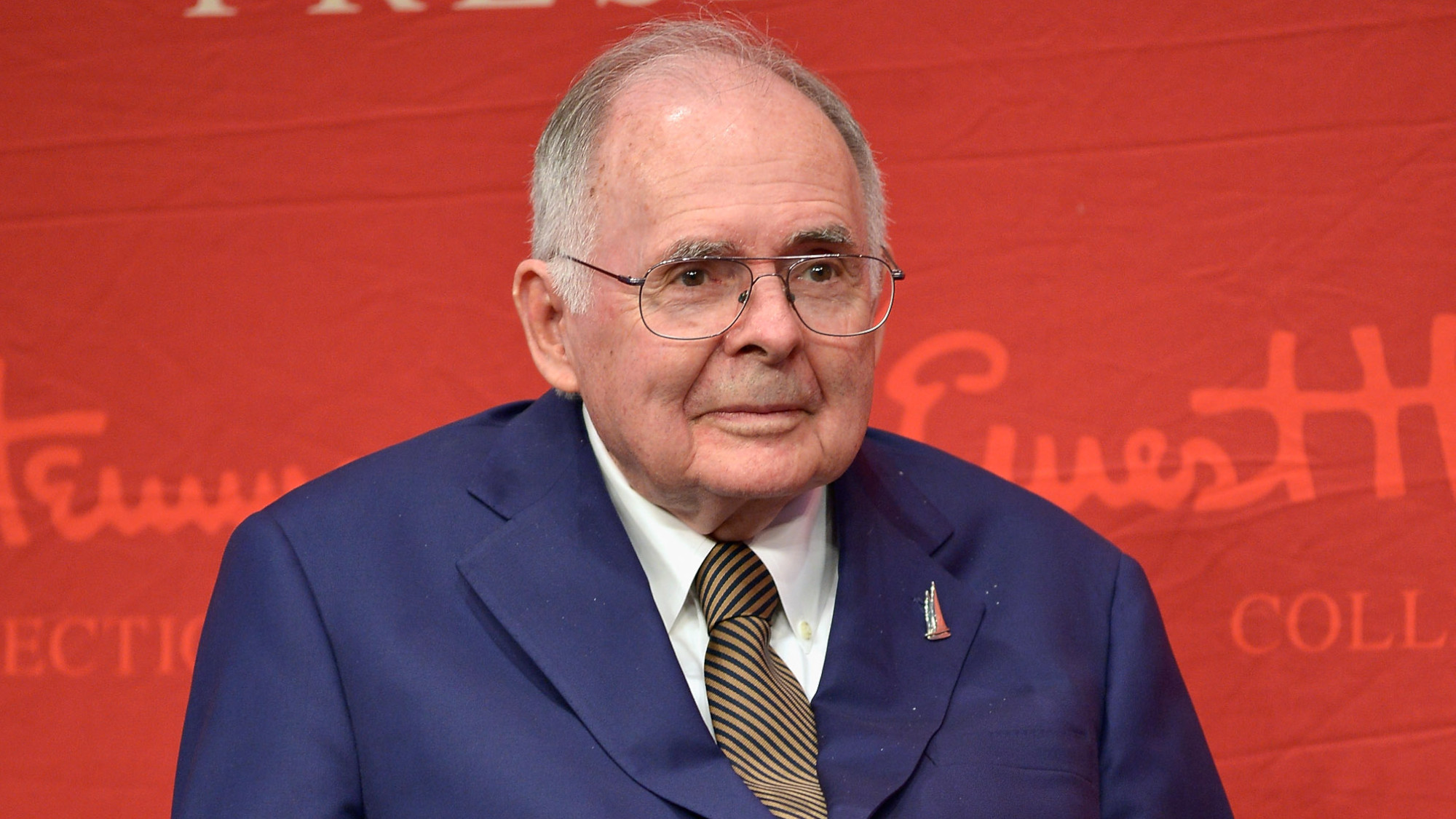Alice Miller, 1923–2010
The therapist who explored childhood trauma
A free daily email with the biggest news stories of the day – and the best features from TheWeek.com
You are now subscribed
Your newsletter sign-up was successful
Alice Miller’s books on the psychology of childhood were extraordinarily popular, which was surprising considering that their message was so harrowing. In books such as Prisoners of Childhood (1981), Miller argued that all children are permanently, traumatically scarred by abuse and neglect at the hands of their parents, who are themselves passing on the maltreatment they endured at the hands of their own parents. Bleak as it was, her vision resonated with lay readers and practicing therapists alike, and scholars regard her as a key figure in 20th-century psychology.
Miller, who died in France last week, got in touch with her own childhood trauma in 1973, when “she impulsively picked up a paintbrush” for the first time in her life, said The Washington Post. Her paintings revealed to her, she said, “the terrorism that was exerted by my mother.” Born in a Polish town that’s now part of Ukraine, Miller grew up in what she described as a “quite ordinary, middle-class” household, the daughter of a banker and a homemaker. Throughout the 1930s, she witnessed Hitler’s rise to power, and was bewildered, she said, that millions of people “enthusiastically allowed a primitive, arrogant monster to lead them to murder their fellow human beings.”
Hitler and Stalin were among the subjects of her 1983 book For Your Own Good: Hidden Cruelty in Childhood and the Roots of Violence, in which she argued that the two dictators had been abused as children. She expanded on this thesis in other books, arguing that all children were victims of abuse, which in her definition ranged from spanking and circumcision to outright sexual exploitation. These views clashed with the prevailing Freudian orthodoxy, prompting Miller to quit the International Psychoanalytical Association in 1988.
The Week
Escape your echo chamber. Get the facts behind the news, plus analysis from multiple perspectives.

Sign up for The Week's Free Newsletters
From our morning news briefing to a weekly Good News Newsletter, get the best of The Week delivered directly to your inbox.
From our morning news briefing to a weekly Good News Newsletter, get the best of The Week delivered directly to your inbox.
Miller’s books polarized psychologists and intellectuals, said The New York Times. Supporters such as critic Daphne Merkin wrote that Miller “could be said to be the missing link between Freud and Oprah,” bringing the mysteries of the inner life out of the therapist’s office “and into a wider, user-friendly context.” Detractors like psychologist Carol Tavris complained that Miller kept writing the same book over and over, all of them reinforcing the “parent-blaming, recovered-memory culture of victimization.”
Miller, who had two children, didn’t exempt herself from the ranks of abusive parents. Speaking of her son, Martin, and daughter, Julika, Miller recalled that “I never hit them, but I was sometimes careless and neglecting to my first child out of ignorance. It is very painful to realize that, but this realization can also be liberating.”
A free daily email with the biggest news stories of the day – and the best features from TheWeek.com
-
 Democrats push for ICE accountability
Democrats push for ICE accountabilityFeature U.S. citizens shot and violently detained by immigration agents testify at Capitol Hill hearing
-
 The price of sporting glory
The price of sporting gloryFeature The Milan-Cortina Winter Olympics kicked off this week. Will Italy regret playing host?
-
 Fulton County: A dress rehearsal for election theft?
Fulton County: A dress rehearsal for election theft?Feature Director of National Intelligence Tulsi Gabbard is Trump's de facto ‘voter fraud’ czar
-
 Bob Weir: The Grateful Dead guitarist who kept the hippie flame
Bob Weir: The Grateful Dead guitarist who kept the hippie flameFeature The fan favorite died at 78
-
 Brigitte Bardot: the bombshell who embodied the new France
Brigitte Bardot: the bombshell who embodied the new FranceFeature The actress retired from cinema at 39, and later become known for animal rights activism and anti-Muslim bigotry
-
 Joanna Trollope: novelist who had a No. 1 bestseller with The Rector’s Wife
Joanna Trollope: novelist who had a No. 1 bestseller with The Rector’s WifeIn the Spotlight Trollope found fame with intelligent novels about the dramas and dilemmas of modern women
-
 Frank Gehry: the architect who made buildings flow like water
Frank Gehry: the architect who made buildings flow like waterFeature The revered building master died at the age of 96
-
 R&B singer D’Angelo
R&B singer D’AngeloFeature A reclusive visionary who transformed the genre
-
 Kiss guitarist Ace Frehley
Kiss guitarist Ace FrehleyFeature The rocker who shot fireworks from his guitar
-
 Robert Redford: the Hollywood icon who founded the Sundance Film Festival
Robert Redford: the Hollywood icon who founded the Sundance Film FestivalFeature Redford’s most lasting influence may have been as the man who ‘invigorated American independent cinema’ through Sundance
-
 Patrick Hemingway: The Hemingway son who tended to his father’s legacy
Patrick Hemingway: The Hemingway son who tended to his father’s legacyFeature He was comfortable in the shadow of his famous father, Ernest Hemingway